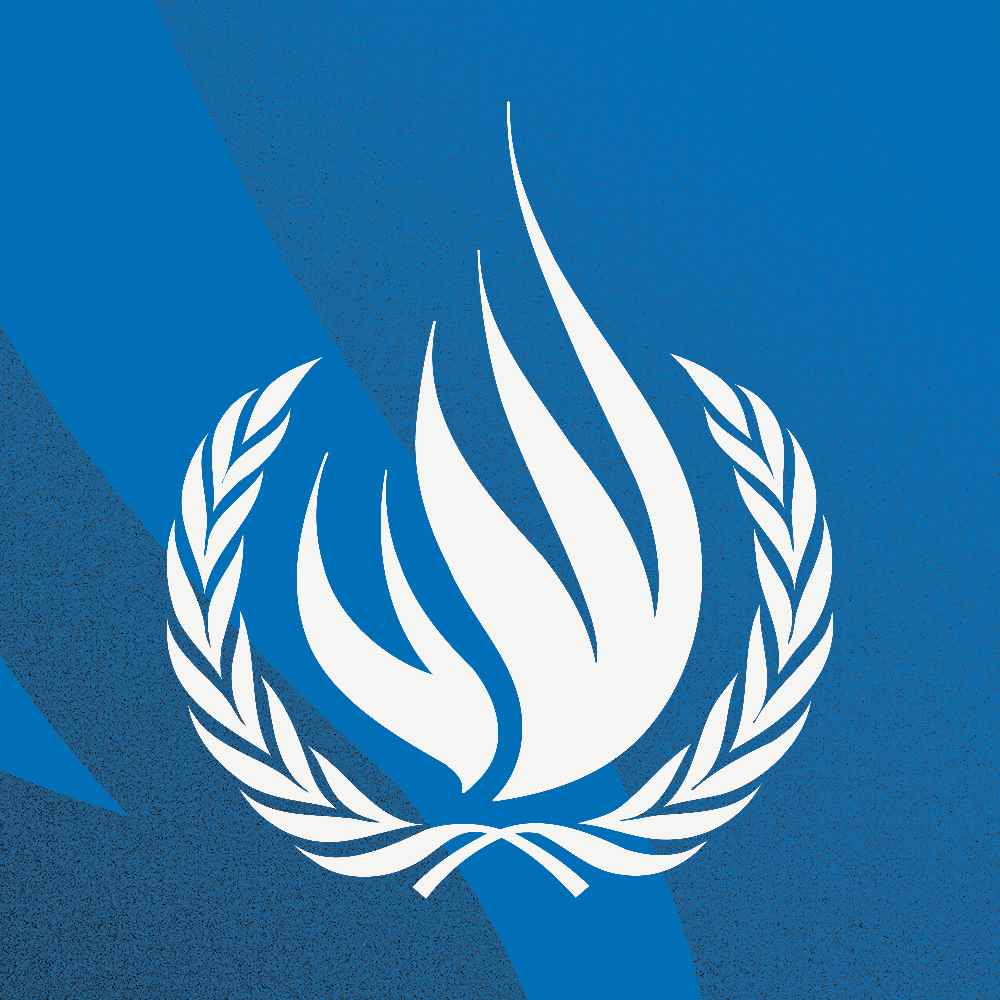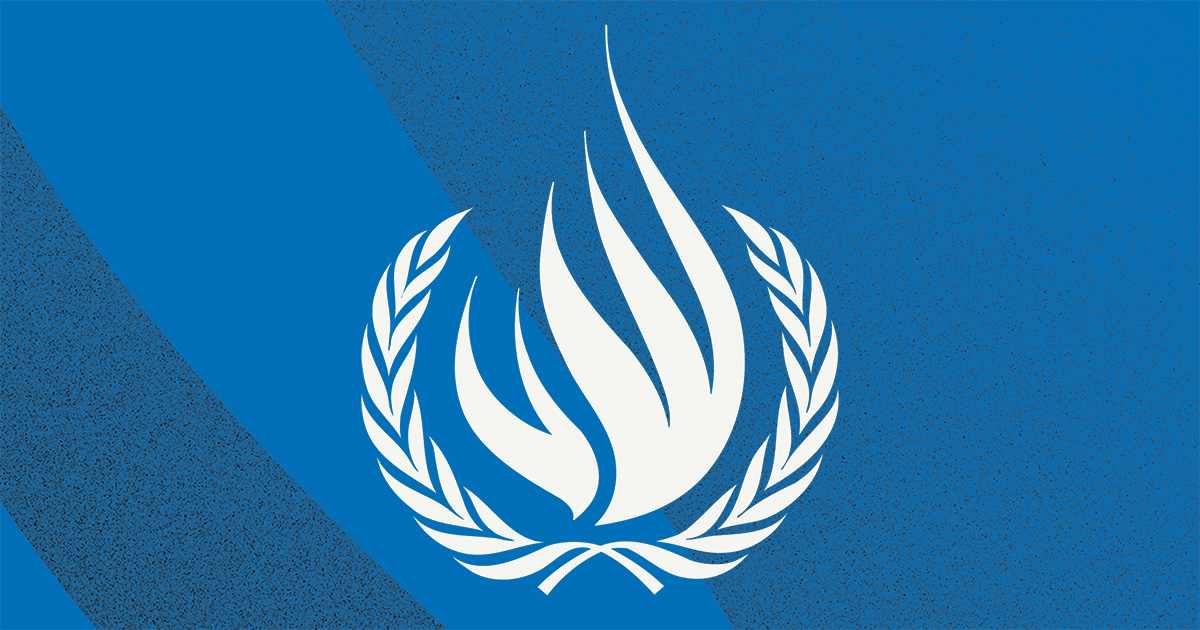
The Human Right Committee this morning opened its one hundred and thirty-third session, during which it will examine the reports of Germany, Armenia, Botswana and Ukraine on their implementation of the provisions of the International Covenant on Civil and Political Rights, and adopted its agenda and programme of work for the session.
Ibrahim Salama, Chief, Human Rights Treaties Branch, Office of the High Commissioner for Human Rights, in opening remarks, noted that the return to more normal working conditions was particularly welcome as effects of the COVID-19 pandemic had caused serious backlogs in the Committee’s work examining States parties’ reports and individual communications.
Noting the High Commissioner’s recent report on racial justice and equality for African people and people of African descent, presented to the Human Rights Council on 12 July 2021, he said that to prepare that ground-breaking report, the United Nations Human Rights Office had relied predominantly on the decades of research and work of the relevant treaty bodies, including the Human Rights Committee. The report had referred extensively to the Committee’s recent General Comments 36 and 37, on the right to life and on the right of peaceful assembly, respectively. The Council had further established a mandate for an international expert mechanism to advance racial justice and equality in the context of law enforcement globally, which requested the United Nations Human Rights Office to enhance and broaden monitoring and to take further action toward transformative change for racial justice and equality. In the course of its session, the Committee would be briefed with the aim of seeking its views on the way forward in the implementation of the Four-Point Agenda towards Transformative Change for Racial Justice and Equality envisioned in that report.
Mr. Salama then reported on the thirty-third annual meeting of chairpersons of treaty bodies, held in June, welcoming the progress made in the organization of work and drawing attention to the ongoing harmonization of working methods and the digital transition to increase efficiency, transparency and accessibility throughout the treaty body system.
Photini Pazartzis, Committee Chair, noted that its present meeting was the first face-to-face session of the Committee since March 2020 and the adoption of the pandemic restrictions, adding that some Committee members would be participating remotely. With regard to the thirty-third annual meeting of Chairpersons of treaty bodies, which she had attended, she noted that the common objective of the 10 human rights treaty bodies was to ensure the protection of human rights. With the aim of increasing the efficiency of their work, the creation of a digital platform was supported, particularly to address the backlog of petitions.
José Manuel Santos Pais, Committee member and Chairperson of the Working Group on Communications under the Optional Protocol, presented the report of the session of the Working Group held from 4 to 8 October. During the session, draft decisions had been adopted on 24 communications submitted between 2014 and 2019. The communications covered a wide range of subjects: the rights of the child, the right to life, conscientious objections, arbitrary detention, conditions of detention, preventive detention, torture, cruel and degrading treatment, deportation, effective remedy, fair trials and procedural guarantees, discrimination, independence of the judiciary, freedom of expression, freedom of assembly, freedom of religion, freedom of association, migrants’ rights, family reunification, interference with family life, the right to a lawyer, the right to appeal a conviction to a higher court, and the right to participate in public life. The reviewed drafts concerned 19 States from the Americas, Asia, Europe and Australia. Of the 24 drafts, the Working Group proposed that the Committee adopt 7 decisions of inadmissibility, 13 views of violations, 3 of non-violation, and one with two options: violation or non-violation. Two other cases, deferred from the previous session, would be submitted during the present session, bringing the total number of decisions submitted to the Committee to 26.
All the documents relating to the Committee’s work, including reports submitted by States parties, can be found at the session’s webpage. The webcast of the Committee’s public meetings is available via the following link: http://webtv.un.org/meetings-events/.
The Committee will next meet in public at 3 p.m. on Monday, 11 October, to consider the seventh periodic report of Germany (CCPR/C/DEU/7).
Link: https://www.ungeneva.org/en/news-media/meeting-summary/2021/10/le-comite-des-droits-de-lhomme-ouvre-les-travaux-dune-session-au











